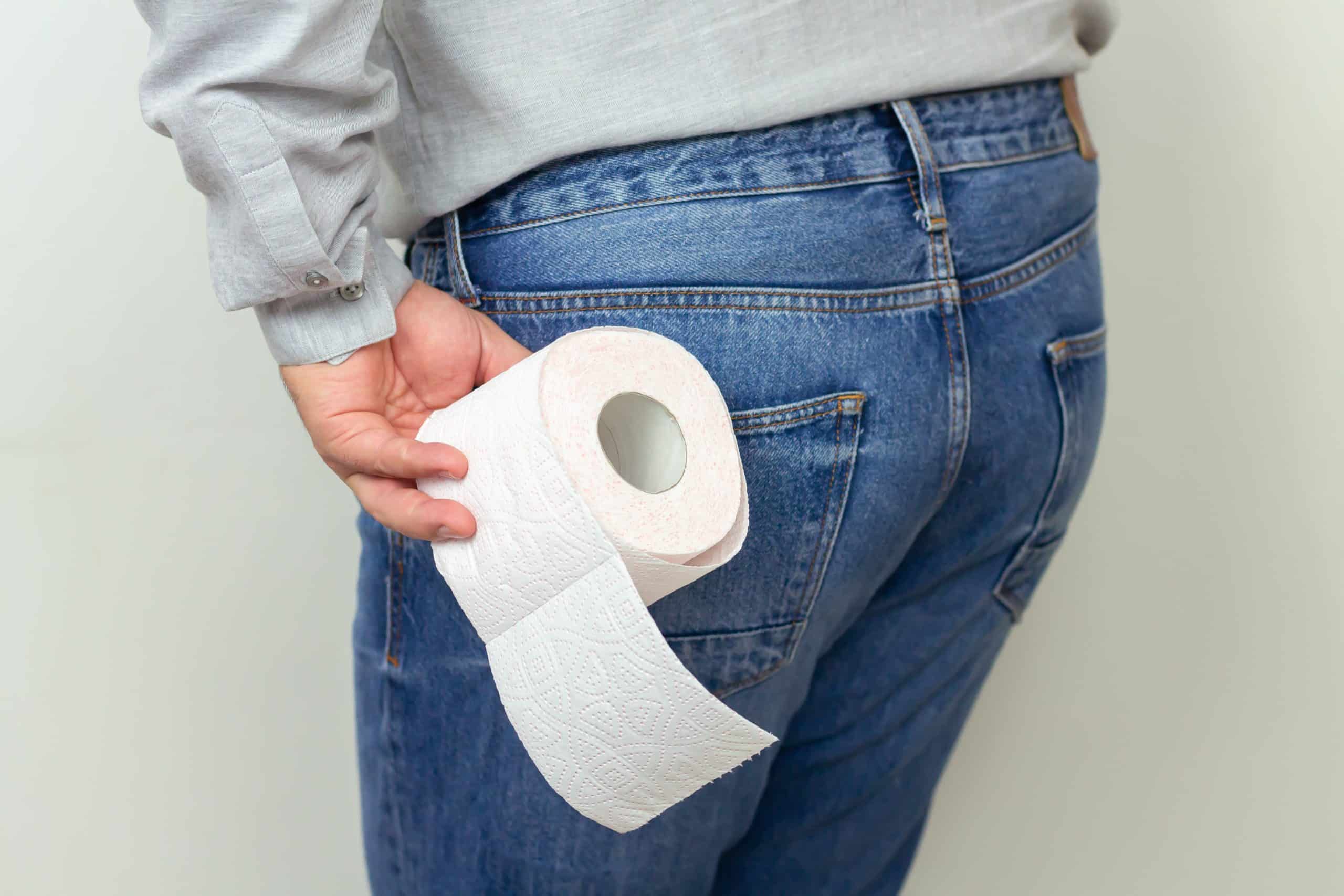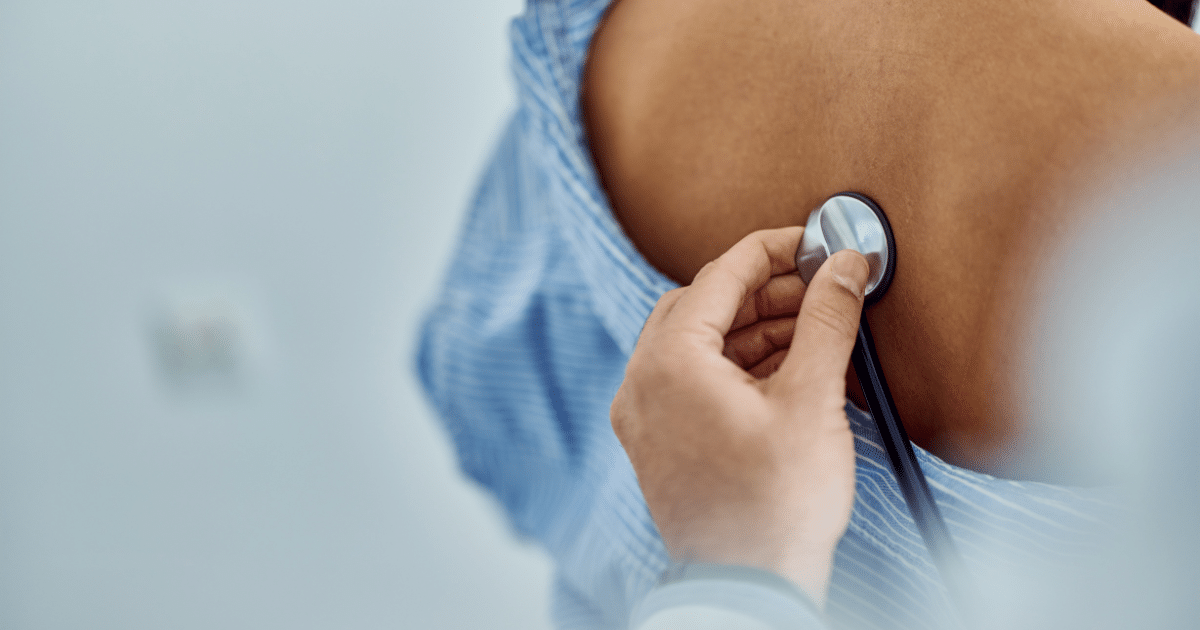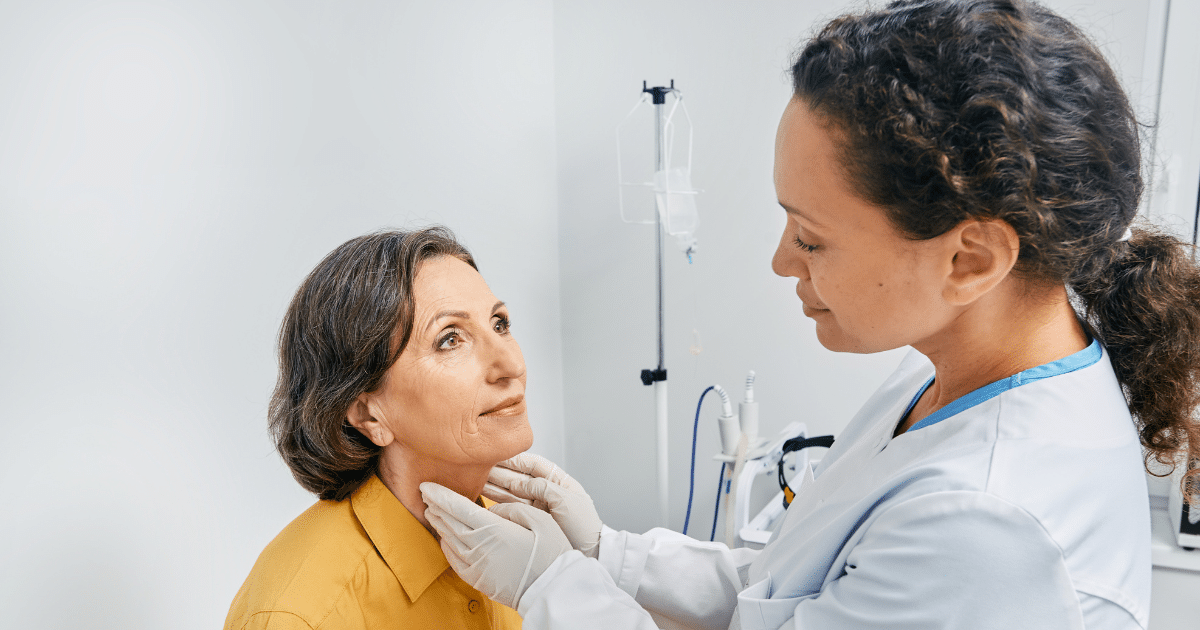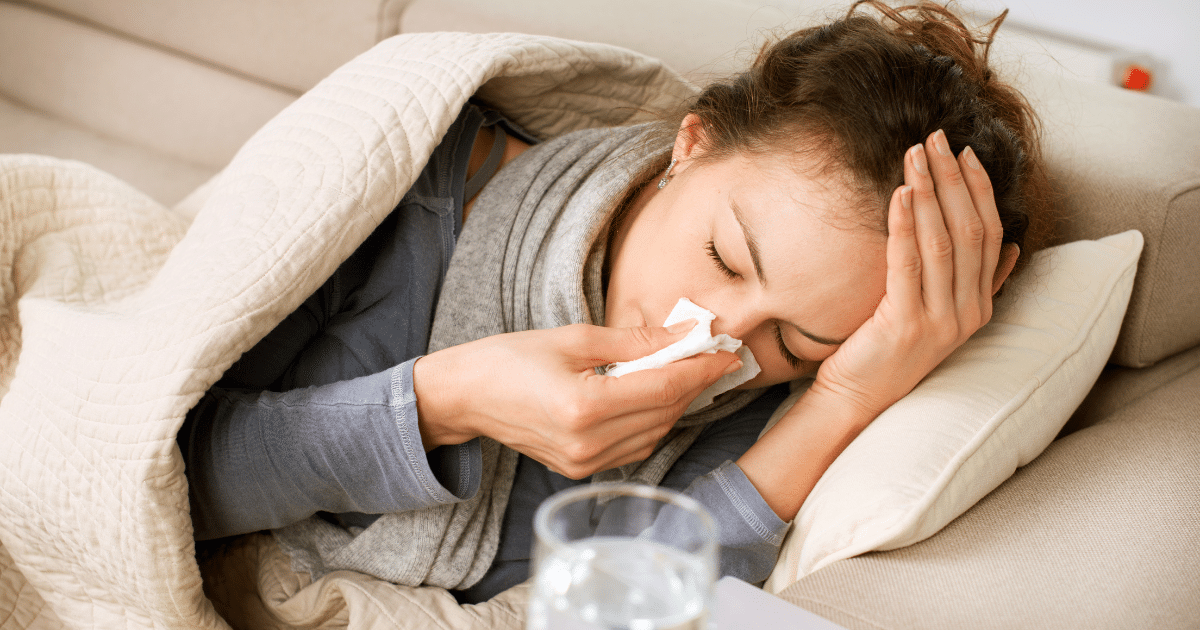By: Physicians Alliance of Connecticut
Fecal incontinence isn’t always easy to talk about. However, research shows you’re not alone if you suffer from this condition.
The American College of Gastroenterology reports more than 5 million Americans experience fecal incontinence. Also known as bowel leakage, fecal incontinence can impact the quality of life and becomes more common with older age.
Diet and fecal incontinence
Fecal incontinence is complex and typically a symptom of an underlying issue. Bowel leakage can occur alongside both diarrhea or constipation, so it’s important to talk to a doctor to determine the root cause.
Fortunately, there are many options available for fecal incontinence treatment. Some patients turn to medication or surgery to correct bowel leakage, but less invasive options exist, too.
While you may not be able to control every aspect of fecal incontinence, one factor you can control is your diet— a variable that could reduce or prevent bowel leakage entirely. Let’s explore how your diet impacts fecal incontinence, what foods to eat, and which foods you should avoid.
What foods cause bowel leakage?
Foods that cause bowel leakage are usually those that irritate the gut or speed up bowel movements. Beverages and foods that may cause or worsen bowel leakage include:
- Alcohol
- Caffeine (coffee, tea, chocolate, energy drinks)
- Dairy (milk, cheese, ice cream)
- Fructose (fruit juices, honey, high fructose corn syrup, table sugar).
- Spicy foods
- Fruits with water and fructose content (apples, pears, peaches)
- Some artificial sweeteners or sugar alcohols (sorbitol, mannitol, xylitol, maltitol—common in gum, flavored syrups, candies, and “sugar-free” products)
- Greasy, high-fat foods (sausage, butter, or fried foods like fries or chicken)
What are good foods to eat for fecal incontinence?
Now that you know foods to avoid with bowel leakage, let’s talk about good foods to eat with fecal incontinence. In most cases, experiment with foods that contain fiber— a nutrient vital for a healthy, balanced digestive system.
Try to stick to a varied, balanced diet rich in lean proteins, complex carbohydrates, and fiber-rich fruit, vegetables, and grains. Examples of high fiber foods include:
- High fiber, low sugar breakfast wheat or grain cereals (oats, bran, shredded whole grain, wholewheat products)
- Rice
- Whole wheat bread
- Legumes (beans and lentils)
- Potatoes
- Lentils
- Nuts and seeds
Make sure to take it slow when adding more fiber into your diet. If your digestive system isn’t used to a diet high in fiber, it could cause uncomfortable symptoms like bloating, constipation, or gas. It’s also important to drink water and stay hydrated to keep bowel movements regular on a high-fiber diet.
How to Support Your Efforts at Home
In addition to tweaking your diet, there are other steps you can take at home to reduce or prevent fecal incontinence. Other considerations to try are:
- Keep a food log. Write down what you eat throughout the day in a journal or on your phone, in addition to bowel habits following meals. You may be able to identify foods that trigger fecal incontinence or those you can safely consume with no symptoms.
- Eat small, frequent meals. Try to avoid overloading your digestive system with large meals. Cut portion sizes and spread them throughout the day, with 4 – 6 meals and snacks per day.
- Pelvic floor exercise. Often, pelvic floor muscles that are too weak or tight may cause fecal incontinence. Strengthening the pelvic floor can help regain function and control of the muscles used in containing and passing bowel movements. Research pelvic floor exercises to try or consider reaching out to a physical therapist for a consultation. Talk with your doctor before starting any new exercise routine.
- Wear absorbent pads. As you make efforts at controlling bowel leakage, wearing absorbent pads can be an added layer of protection and peace of mind until symptoms reduce.
- Consider a fiber supplement. Talk to your doctor about a fiber supplement, which can help regulate bowel movements. Though it should not replace a healthy diet, fiber supplements may add to the amount of dietary fiber you receive from food.
Talk to Your Doctor Before Making Dietary Changes for Bowel Leakage
Fecal incontinence is usually a symptom of a broader issue, and many different causes could be at play. Thus, dietary changes for fecal incontinence are not a one-size-fits-all approach. Some fiber-rich fruits like bananas, for example, can help add bulk to stool in individuals experiencing diarrhea. In those whose bowel leakage is caused by fructose malabsorption, however, bananas could worsen symptoms.
Your primary care doctor or a qualified gastroenterologist can help find the root of the problem and determine the best treatment option for you.
PACT Gastroenterology Center
At Physicians Alliance of Connecticut, we have a variety of fecal incontinence surgical specialists who can guide you in identifying the root cause of bowel leakage and finding the treatment that works best for you.
Reach out today to book an appointment with one of our doctors or surgeons.
Looking For a Fecal Incontinence Specialist in Connecticut?

NOW ACCEPTING NEW PATIENTS:
SHANNA M. GANNON, PA- C IN ANSONIA & HAMDEN, CT
Shanna is a member of our PACT Surgical Specialist Group and specializes in fecal incontinence and hernia repair. To schedule an appointment, please call 203-281-7000.







